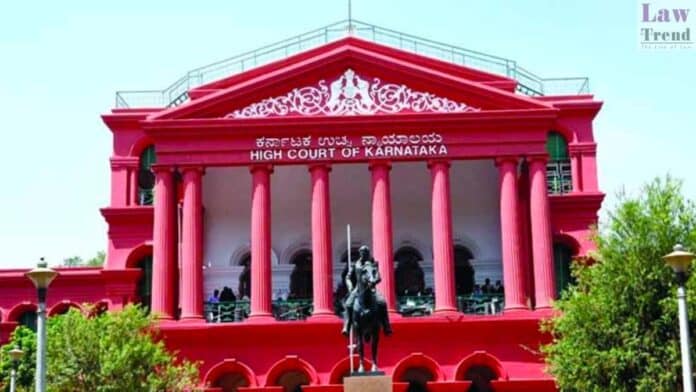In a significant ruling, the Karnataka High Court on Saturday dismissed several petitions seeking the introduction of caste-based quotas for Scheduled Castes (SC), Scheduled Tribes (ST), and Other Backward Classes (OBC) in the governing council of the Advocates Association, Bengaluru (AAB). The decision was handed down by Justice R. Devdas, who advised the petitioners to escalate their grievances to the Supreme Court.
The petitions, filed by the All India Backward Classes Advocates Foundation and the Karnataka SC/ST Backward Classes and Minorities Advocates Federation, called for reservations similar to the 30 percent mandated for women by a recent Apex Court order. However, Justice Devdas clarified that the Supreme Court had exercised its special powers under Article 142 of the Constitution to issue its directive, which does not extend to caste-based reservations under AAB’s current bye-laws.
While the High Court recognized the lack of historical representation of SC/ST or OBC members in AAB leadership roles, it stated that the bye-laws would need amending before any judicial directive could be considered. The ruling also highlighted that the Advocates Association comprises members of the Bar and benefits from state funding, underscoring the complex nature of implementing reservation policies within such professional bodies.
The petitioners argued that AAB’s move to reserve positions for women set a precedent for including all constitutionally recognized marginalized groups, which should extend to vertical (caste-based) and horizontal (gender-based) reservations. Despite these arguments, the High Court refrained from directing AAB on this matter, leaving the door open for further appeal to the Supreme Court.




